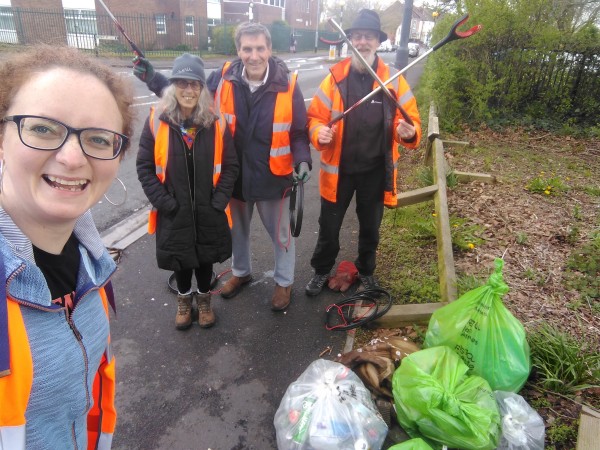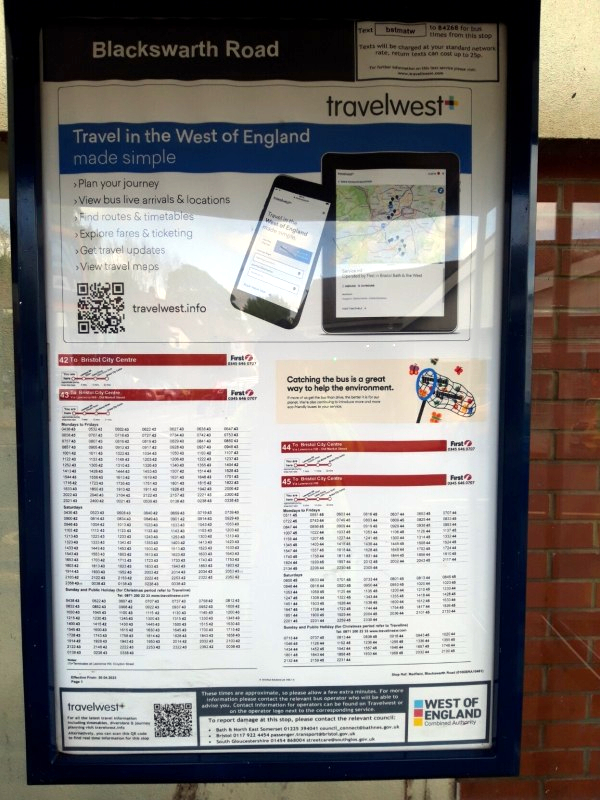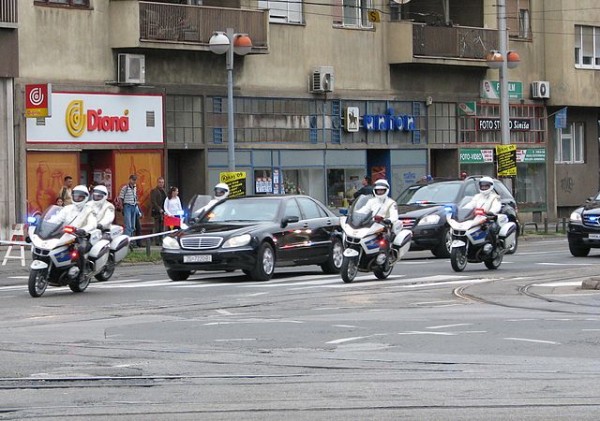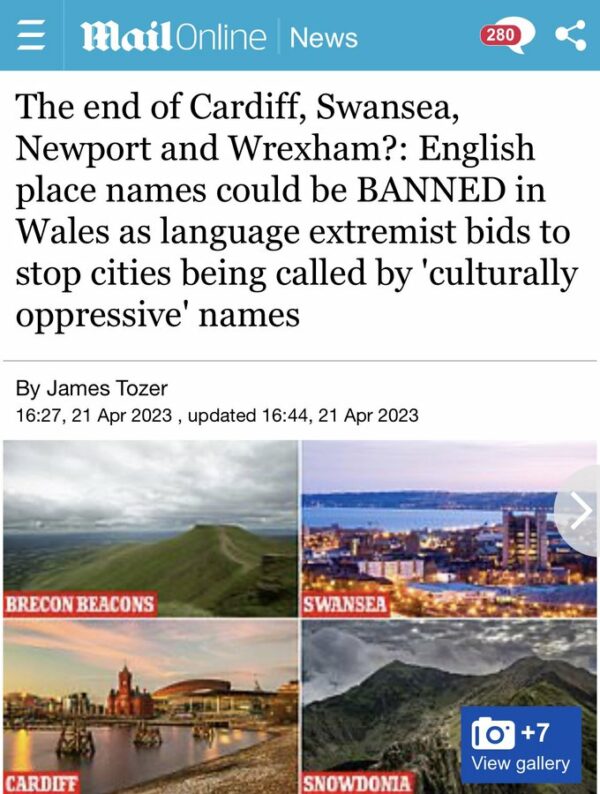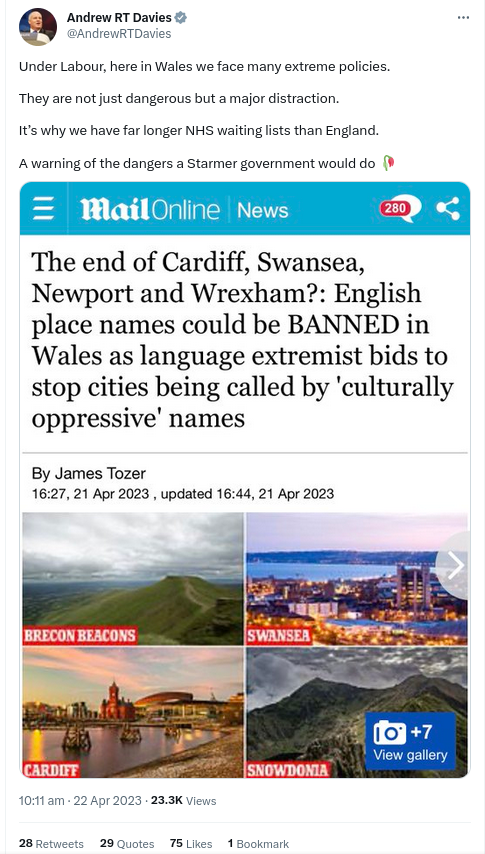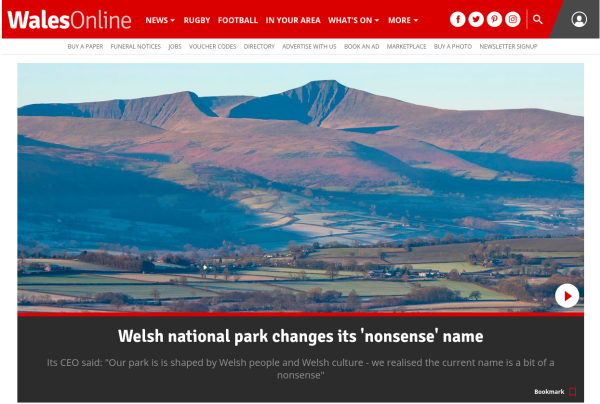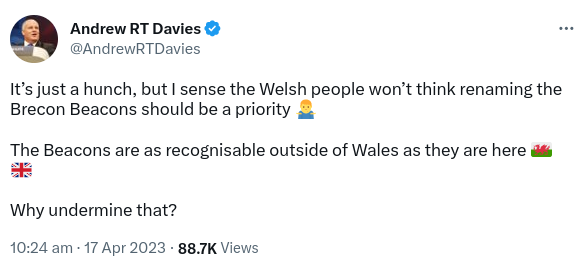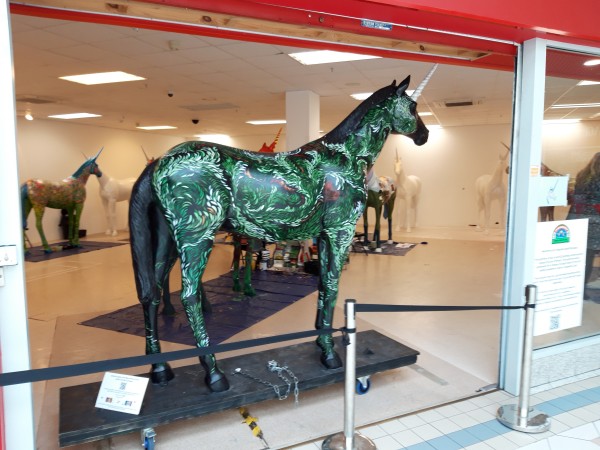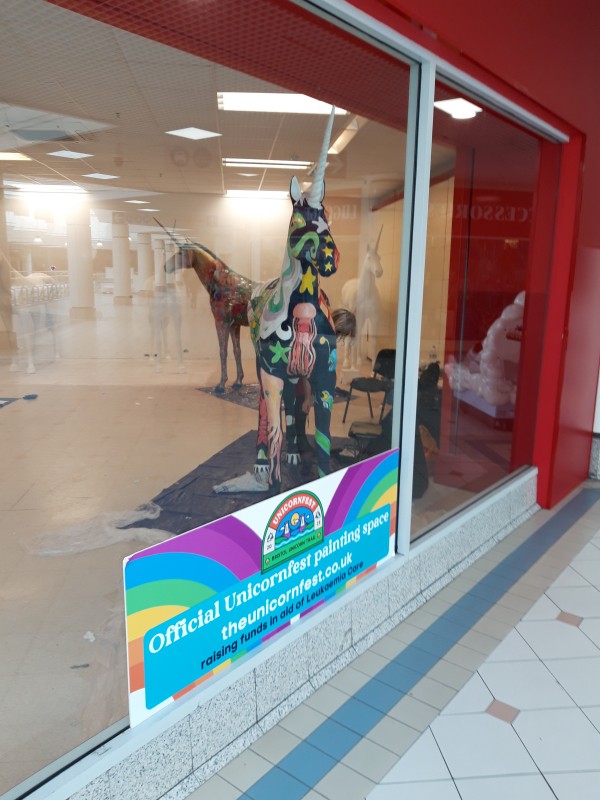EU Parliament wants to protect Free Software in AI regulation
 Today the Free Software Foundation Europe (FSFE) reports that the European Parliament’s two competent committees – the Committee on Internal Market and Consumer Protection (IMCO) and the Committee on Civil Liberties, Justice and Home Affairs (LIBE) – today voted by a large majority to protect Free Software in the EU’s AI Regulation. Furthermore, non-profit organisations and small Free Software projects up to the size of micro-enterprises, are largely to be exempted from this regulation.
Today the Free Software Foundation Europe (FSFE) reports that the European Parliament’s two competent committees – the Committee on Internal Market and Consumer Protection (IMCO) and the Committee on Civil Liberties, Justice and Home Affairs (LIBE) – today voted by a large majority to protect Free Software in the EU’s AI Regulation. Furthermore, non-profit organisations and small Free Software projects up to the size of micro-enterprises, are largely to be exempted from this regulation.
In addition, the FSFE comments that this principle must be anchored in the Cyber Resilience Act and Product Liability Directive and the parliament’s forthcoming votes.
Alexander Sander, FSFE’s Senior Policy Consultant, explains as follows:
Instead of putting the responsibility on the Free Software developers, it should be put on the companies that profit from it on the market. Smaller organisations and non-profit activities, for example by foundations, must be excluded. With this vote, the Members of the European Parliament are thus recognising the reality of Free Software development and trying to protect it. The principle of transferring responsibility and liability to those who profit on the market instead of focusing on developers must also be anchored in the Cyber Resilience Act and the Product Liability Directive. This is the only way to not only protect Free Software and its contributors but also consumers and customers.
The final vote on the AI Act is expected in the next few weeks, after which discussions on the final text will take place between the Parliament, Council of Ministers and the Commission. The Parliament is currently discussing the amendments to the Cyber Resilience Act and the Product Liability Directive which have been submitted.
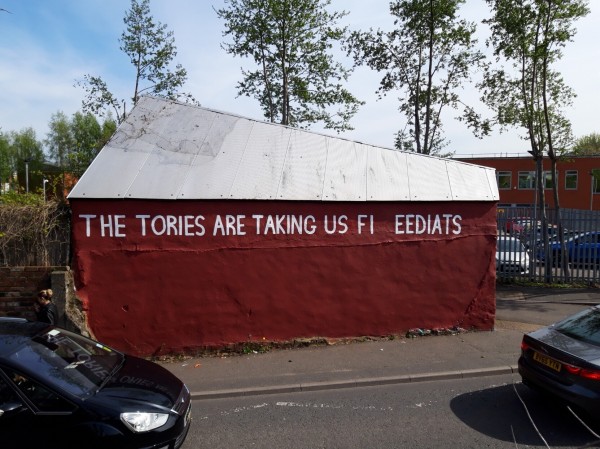
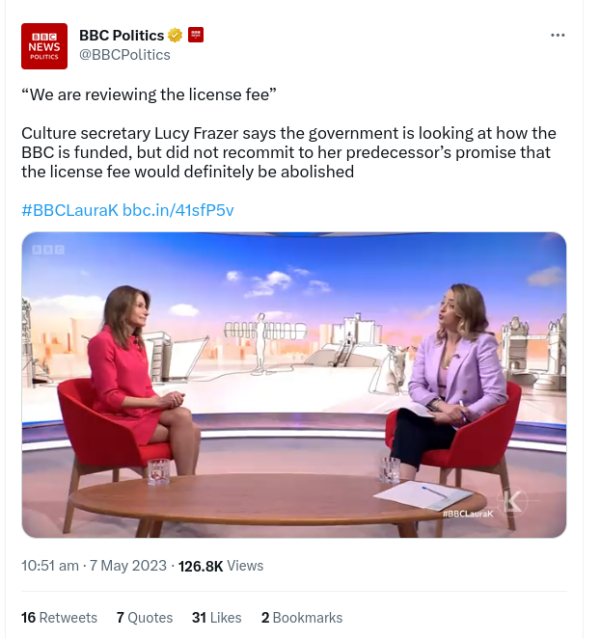
 In 1647 during the English Civil War a series of discussions – the Putney Debates – was held in
In 1647 during the English Civil War a series of discussions – the Putney Debates – was held in 
